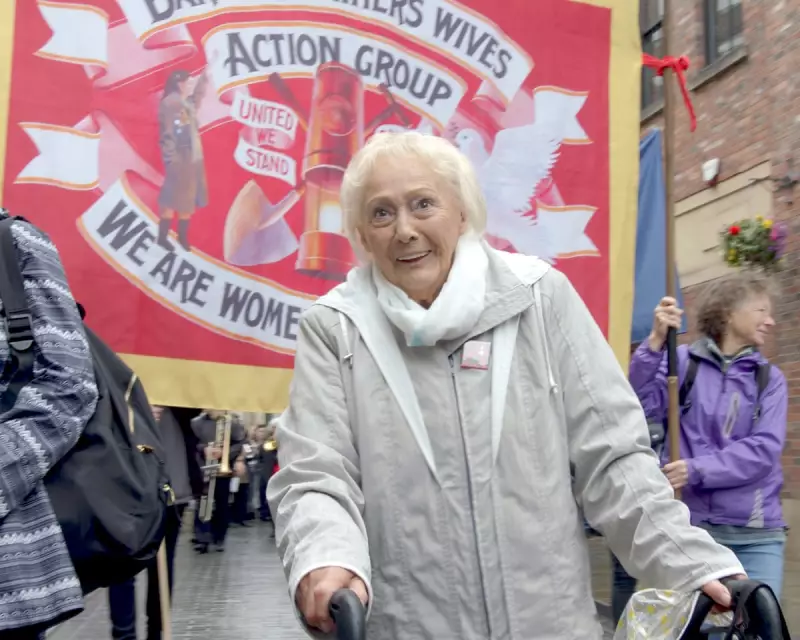
In the annals of British industrial history, the 1984-85 miners' strike stands as one of the most bitter and defining conflicts of the 20th century. While images of confrontations between police and picketing miners have become iconic, a groundbreaking new documentary, Iron Ladies, shifts the focus to the unsung heroes of the dispute: the women who stood firm on the front lines.
From Kitchen to Picket Line
The film reveals how ordinary women from mining communities across Britain underwent extraordinary transformations during the year-long struggle. What began as supporting roles—keeping homes running and families fed—quickly evolved into something far more significant.
These women became organisers, fundraisers, and formidable political activists, often displaying greater resilience and strategic thinking than their male counterparts. The documentary captures how they established soup kitchens, organised solidarity networks, and faced police batons with unwavering determination.
A Movement Born of Necessity
As the strike dragged on through the harsh winter of 1984-85, the women's movement grew in strength and sophistication. Iron Ladies showcases how they developed sophisticated communication networks, coordinated mass demonstrations, and became the moral and practical backbone of the resistance.
One former activist interviewed in the film recalls: "We weren't just supporting our men—we were fighting for our communities, our children's future, and our very way of life. The kitchen became the command centre, and the picket line became our university of political education."
Lasting Legacy Beyond the Strike
Though the miners ultimately returned to work in defeat, the documentary argues that the women's activism created a lasting political awakening. Many continued their involvement in community organising, local politics, and social justice campaigns long after the strike ended.
The film serves as both a tribute and a historical correction, ensuring that these working-class heroines receive their rightful place in the narrative of Britain's industrial and social history. Their story remains remarkably relevant today, as communities continue to face economic displacement and the erosion of traditional industries.
Iron Ladies stands as essential viewing for anyone seeking to understand the full complexity of this pivotal moment in British history—and the extraordinary ordinary women who helped write it.





